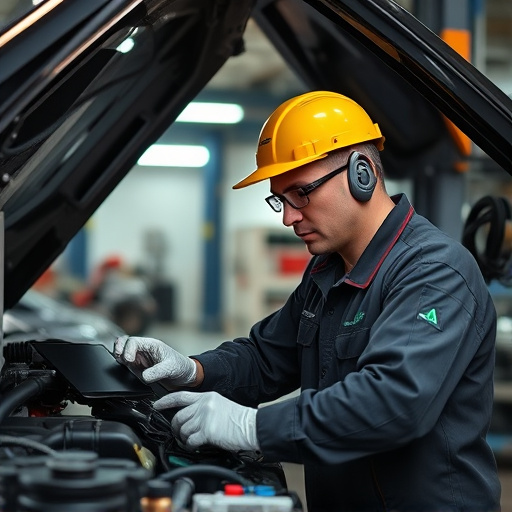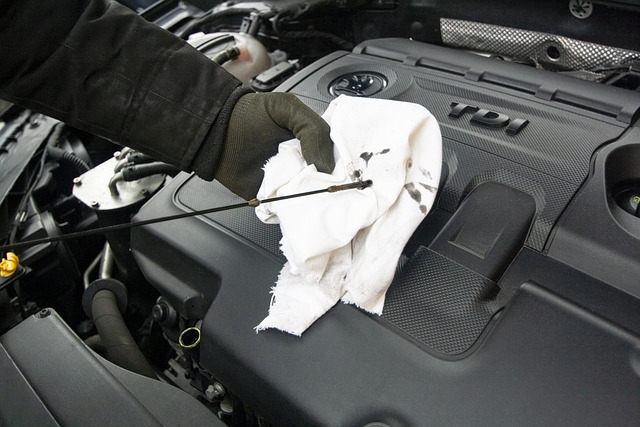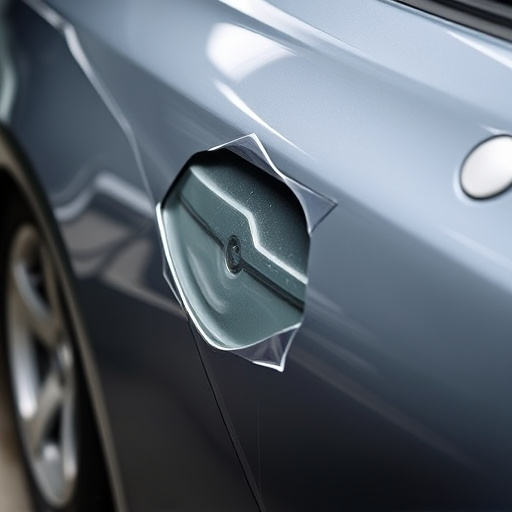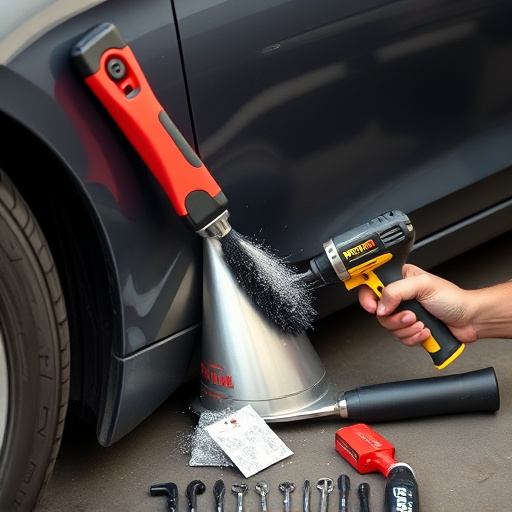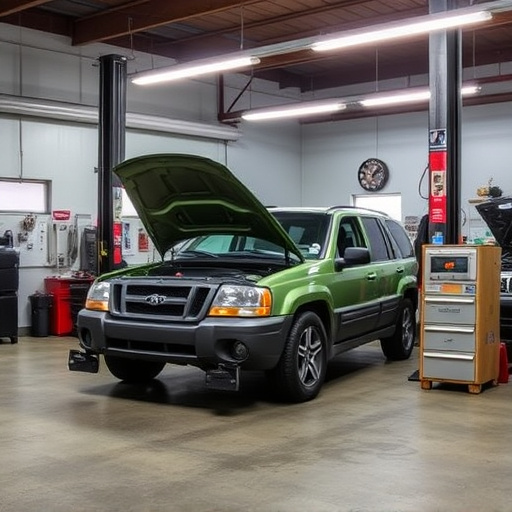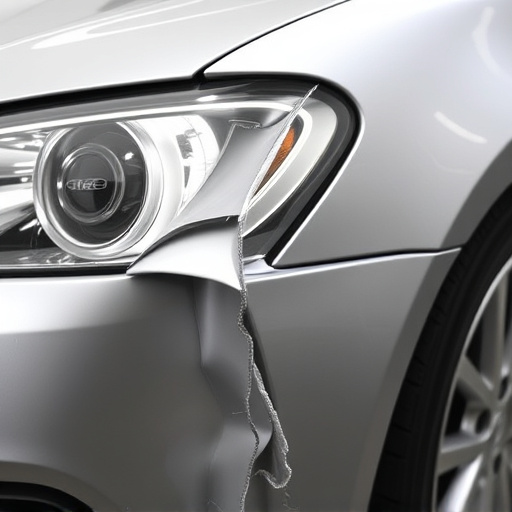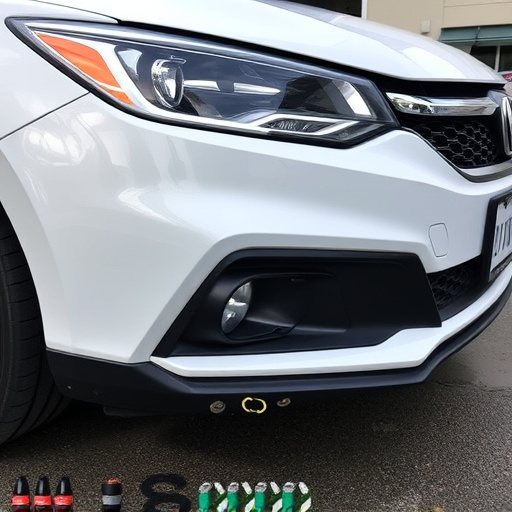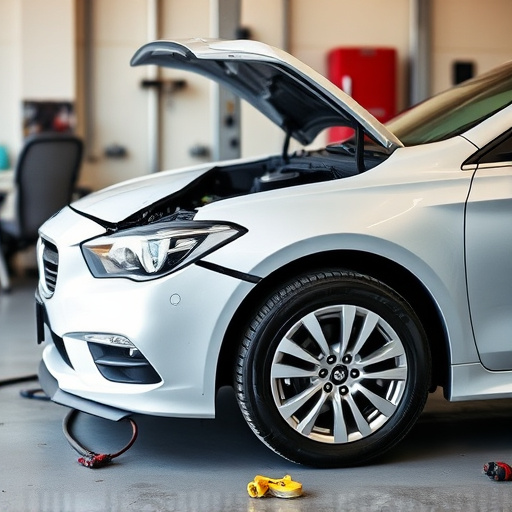Adhering to insurance-approved repair standards is vital for car repair and tire services businesses to form partnerships with insurers, ensuring high-quality repairs, faster claims processing, and favorable policy terms. Certifications act as quality benchmarks, with specific guidelines for parts selection and labor practices, fostering trust among all parties. Achieving and maintaining this status involves understanding industry standards, obtaining recognized certifications, implementing robust processes, and providing staff training, leading to strategic advantages and enhanced service quality.
Insurers increasingly partner with certified providers to ensure high-quality, reliable repairs. Understanding and adhering to insurance-approved repair standards is crucial for businesses aiming to secure these partnerships. This article delves into the significance of these standards, explores how certifications impact eligibility, and provides strategies for achieving and maintaining insurer approval in the competitive market. By understanding these dynamics, repair services can enhance their credibility and accessibility within the industry.
- Understanding Insurance-Approved Repair Standards and Their Significance
- The Role of Certifications in Ensuring Partnership Eligibility with Insurers
- Strategies for Achieving and Maintaining Insurance Approval for Repair Services
Understanding Insurance-Approved Repair Standards and Their Significance
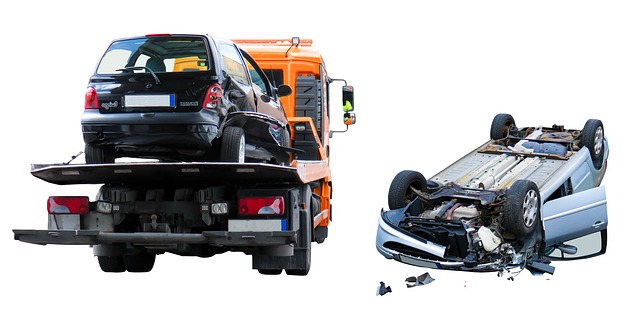
Understanding insurance-approved repair standards is paramount for any business offering car repair services or tire services, as it directly impacts their eligibility for insurer partnerships. These standards act as a benchmark, ensuring that repairs are performed to a high, consistent quality. They outline specific guidelines for everything from parts selection to labor practices, with the ultimate goal of protecting policyholders and maintaining trust in the industry.
Insurers carefully consider a workshop’s adherence to these standards when forming partnerships. Compliance demonstrates a commitment to excellence and safety, fostering a positive reputation among insurance providers. For businesses specializing in car dent repair or other services, adhering to these guidelines is not just a requirement but also a strategic move to build strong, lasting relationships with insurers, ultimately benefiting their clients through faster claims processing and more favorable policy terms.
The Role of Certifications in Ensuring Partnership Eligibility with Insurers

Certifications play a pivotal role in gauging eligibility for insurer partnerships within the automotive industry. These credentials act as a benchmark, ensuring that repair facilities and professionals meet specific standards set by insurance providers. By obtaining certifications, such as those focused on insurance-approved car restoration or automotive repair techniques, businesses demonstrate their competence and adherence to best practices.
This process is crucial in fostering trust between repair shops, insurers, and policyholders. Insurers partner with certified facilities because they can confidently assure policyholders that the repairs will be of high quality, safe, and compliant. For instance, certifications in auto bodywork ensure that technicians possess the skills and knowledge to handle complex repairs, maintaining the structural integrity of vehicles. This level of expertise is invaluable when it comes to securing insurer partnerships, as it guarantees a consistent standard of service across the board.
Strategies for Achieving and Maintaining Insurance Approval for Repair Services
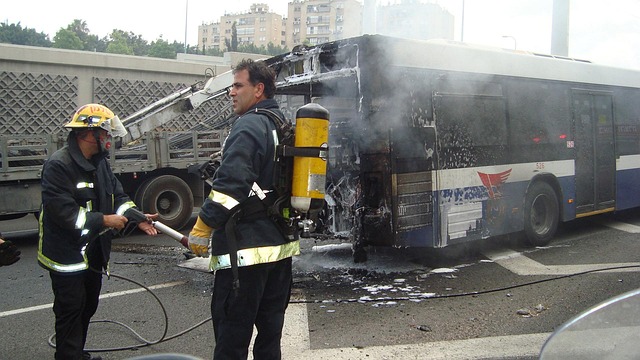
Achieving insurance approval for repair services is a strategic process that involves understanding and adhering to industry standards and regulations. Repair shops and businesses offering automotive collision repair or vehicle restoration services should aim for comprehensive certification to ensure they meet the necessary criteria set by insurers. This often includes obtaining recognized accreditations, such as those from leading industry bodies, which demonstrate expertise and commitment to quality.
By implementing robust internal processes and continuous training, repair facilities can maintain their insurance-approved status. Regular audits and updates to policies are essential to stay compliant with evolving industry standards for collision repair services. Staying proactive in these efforts not only facilitates smoother partnerships with insurers but also ensures the highest level of service for clients, fostering long-term trust and reliability within the insurance sector.
Insurers increasingly rely on certifications as a key indicator of repair service quality and reliability. Understanding and adhering to insurance-approved repair standards is essential for businesses aiming to forge strong partnerships with insurers. By implementing effective strategies to achieve and maintain approval, repair services can enhance their credibility, expand their network, and ultimately better serve policyholders.
